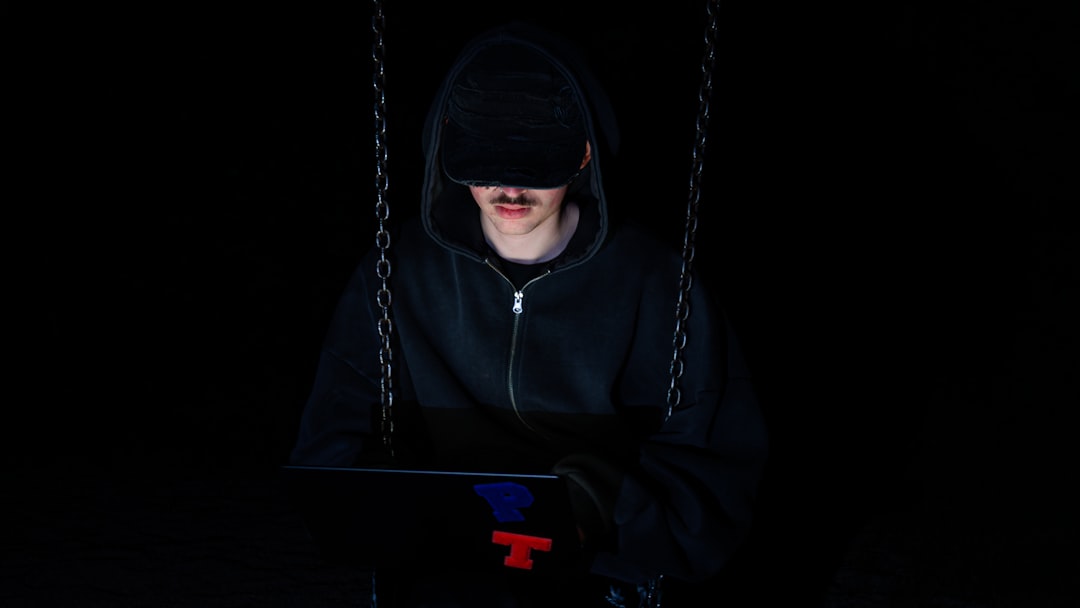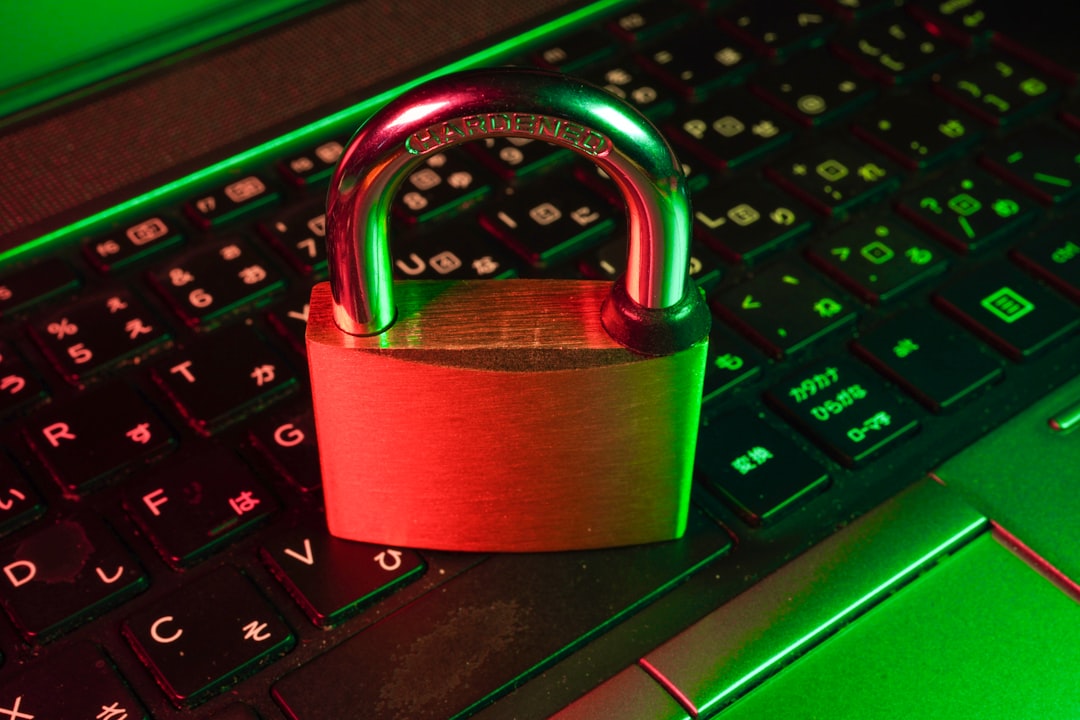Imagine being able to browse the internet without anyone knowing where you’re located, what websites you’re visiting, or what you’re downloading. In today’s increasingly connected and closely monitored digital world, anonymity has become a valuable commodity. Whether you’re looking to shield your activity from advertisers, escape government surveillance, or simply keep your data away from hackers, anonymous surfing has never been more relevant—or essential.
Within two minutes, you can go virtually invisible online by using a VPN, or Virtual Private Network. It’s quick, simple, and highly effective. If you’ve ever wondered how to stealthily surf the net without leaving digital breadcrumbs behind, you’re in the right place. Let’s break down VPN anonymous surfing and why it’s your key to staying private in a world that tracks everything.
What Is a VPN and How Does It Work?
A VPN creates a secure, encrypted tunnel between your device and the internet. Instead of accessing websites directly, your traffic is routed through a remote server operated by the VPN provider. The result? Your IP address is masked, your data is encrypted, and your location appears to be wherever the VPN server is based.
Here’s how it works in simple terms:
- You connect to the internet through a VPN app.
- Your data is encrypted and sent to a remote VPN server.
- The VPN server forwards your request to the appropriate website.
- The website responds to the VPN server, not directly to you.
- The VPN server then sends the data back to you, still protected.
From the perspective of websites you visit, VPN users look like anonymous guests connecting from a different region or even a different part of the world.

Why You Should Care About Online Anonymity
Every time you connect to a website without a VPN, your IP address, browsing history, and even device information can be tracked. This data can be used in several ways:
- Advertisers can build profiles on you for targeted advertising.
- Governments may monitor your access to certain websites or block them entirely.
- Hackers can intercept your data on public Wi-Fi networks.
- ISPs keep logs of your activity and can throttle your speed based on usage.
By using a VPN, you take control of your digital footprint. It’s not just for tech experts or hackers; everyday internet users can benefit from the privacy it provides.
How to Go Invisible in Less Than 2 Minutes
Yes, really—you can become anonymous online in under two minutes using a VPN. Here’s how:
- Choose a reliable VPN provider. Look for one with strong encryption, a no-logs policy, and servers in multiple countries.
- Download and install the VPN app. Most providers offer apps for all major devices—Windows, macOS, Android, iOS, and even routers.
- Create an account and log in.
- Connect to a VPN server. Choose a location, click “Connect,” and wait a few seconds for it to activate.
That’s it. In less than two minutes, your IP address will be changed, your data encrypted, and your identity shielded from prying eyes.
What Can You Do While You’re Anonymous?
Once you’ve gone anonymous, a whole world of secure, unrestricted internet use opens up. Here’s what you can safely accomplish while connected to a VPN:
- Bypass censorship in regions where certain websites or apps are restricted.
- Use public Wi-Fi in cafés, airports, or hotels without fear of being hacked.
- Stream geo-blocked content from platforms like Netflix, BBC iPlayer, Disney+, and more.
- Access confidential work files via secure remote networks when working remotely.
- Prevent ISP throttling when gaming, streaming videos, or downloading files.
VPNs are more than just security tools—they’re passports to a safer, freer internet experience.
What Makes a VPN Truly Anonymous?
It’s important to understand that not all VPNs are created equal. Some providers offer limited protection or may even log your activity to sell to third parties. Here are the characteristics of a VPN that truly values your anonymity:
- No-logs policy: The VPN does not store logs of your connection times, IP addresses, or visited websites.
- Kill switch: If your VPN connection drops unexpectedly, this feature cuts off internet access to prevent data leaks.
- Strong encryption: Look for 256-bit AES encryption—the industry standard for military-grade protection.
- DNS leak protection: Ensures that your true IP address isn’t revealed through DNS queries while connected.
Before choosing a VPN, research independent audits or community feedback to gauge how trustworthy the provider is.
Free vs. Paid VPNs: What’s the Difference?
While the idea of a free VPN may sound appealing, it often comes at a cost—your privacy. Many free VPNs log your data, inject ads, or offer weak encryption. A reputable paid VPN will:
- Have better server speed and reliability.
- Provide robust privacy features and security protocols.
- Operate under strict no-logs policies.
- Offer responsive customer support.
Investing in a trusted paid VPN service (many of which cost less than a monthly coffee) is the smarter way to secure your online activity without compromise.
Common VPN Myths—Busted!
“VPNs are only for criminals and hackers.” False. Millions of users, businesses, journalists, and activists use VPNs legally and ethically every day to enhance online safety and protect their freedoms.
“Using a VPN makes you 100% untraceable.” While VPNs dramatically reduce your visibility online, absolute anonymity also depends on your browsing habits—like avoiding logging in to personal accounts while connected.
“VPNs are difficult to use.” Not anymore. Most modern VPN apps are designed with user-friendly interfaces and one-click connections, making them accessible for even non-tech-savvy users.

Extra Privacy Tips to Maximize Anonymity
A VPN is an excellent tool, but it works best as part of a broader digital privacy strategy. Maximize your anonymity with these additional steps:
- Use an encrypted browser like Brave or Firefox with security extensions.
- Switch to search engines like DuckDuckGo to avoid data tracking.
- Clear your cookies and browser history regularly.
- Avoid logging into social media or services tied to your identity while trying to stay anonymous.
- Consider combining a VPN with Tor for advanced security measures (though it may slow down your speed).
The Bottom Line: Take Control in 2 Minutes Flat
Anonymous surfing is not only possible—it’s easier than ever before. With a reliable VPN and just two minutes of your time, you can take back control of your online privacy, skirt geo-restrictions, and explore the internet without leaving a trace.
In an age where data is power and privacy is being eroded, going invisible online isn’t just a tech perk—it’s a necessity. So, next time you go online, ask yourself: Who’s watching? And then, open your VPN app, click “connect,” and disappear.


